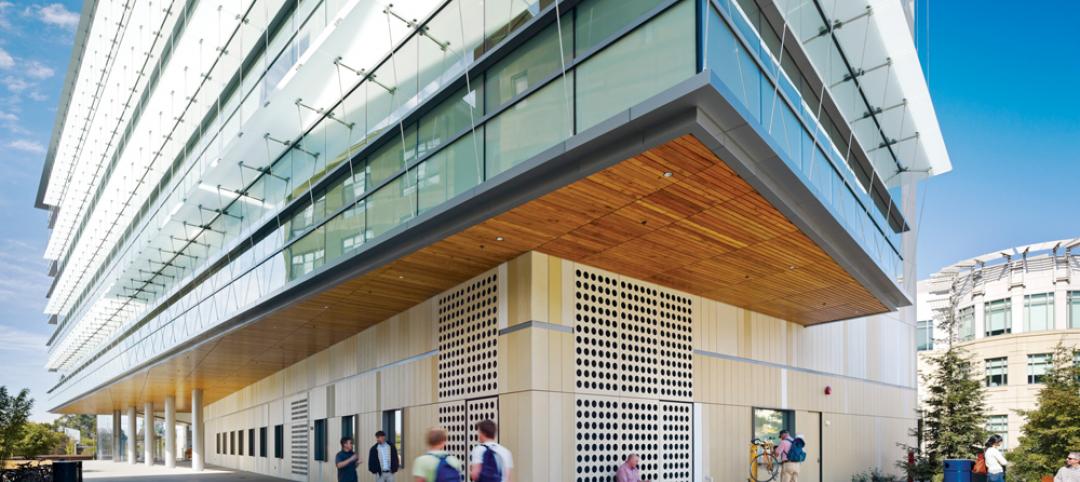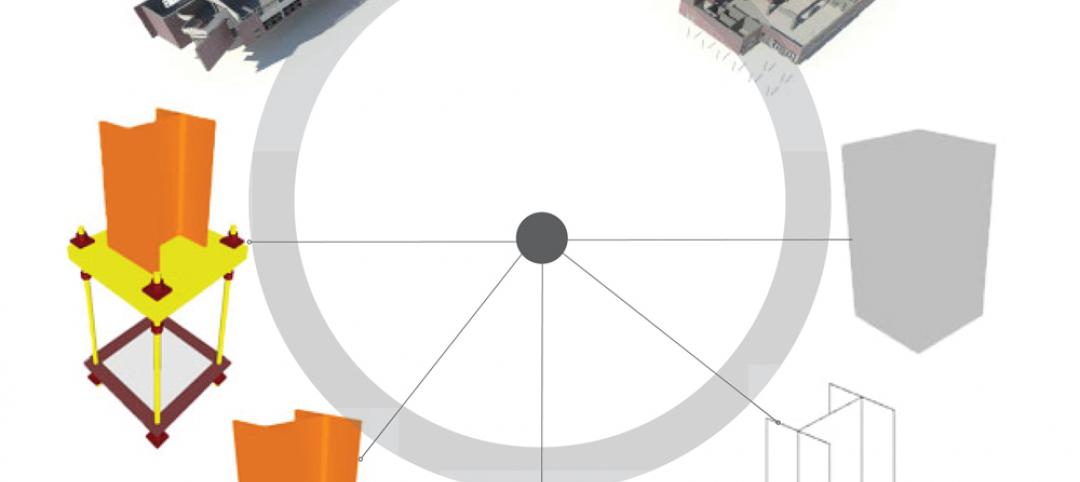Smart building technology investments typically pay for themselves within one or two years by delivering energy savings and maintenance efficiencies, says Dan Probst, the chairman of energy and sustainability services at Jones Lang LaSalle.
“In large buildings with centralized building automation systems, relatively inexpensive devices can be connected to the building control panel to enable a smart building management system to extract and analyze real-time equipment and system performance data and use it to fine-tune building performance," he says.
In smaller buildings that do not have centralized automation systems, the availability of affordable wireless sensors combined with this new smart building technology makes it possible to deploy a building automation system without the expense of hard-wiring, adds Probst.
(http://www.greentechmedia.com/articles/read/the-business-case-for-smart-building-technology)
Related Stories
| Aug 13, 2013
USGBC joins forces with Green Sports Alliance to promote sustainable venues
The U.S. Green Building Council (USGBC) has announced a collaboration with the Green Sports Alliance, a prominent nonprofit organization supporting the development and promotion of green building initiatives in professional and collegiate sports.
| Aug 12, 2013
Decade-long renovation of Kansas Capitol Building expected to be complete by year end
A $300 million-plus, decade-long renovation of the Kansas Capitol Building in Topeka is expected to be complete by the end of the year. The exterior refurbishing of copper over the four imposing wings and around the dome should be complete by late November.
| Aug 12, 2013
New York’s first net-zero school will be a sustainability lab for city school system
An elementary school on Staten Island will be the first net-zero energy school in New York City and the Northeast. The school is designed to use half the energy of a typical New York public school. Construction will be completed in 2015.
| Aug 8, 2013
Energy research animates science sector [2013 Giants 300 Report]
After an era of biology-oriented spending—largely driven by Big Pharma and government concerns about bioterrorism—climate change is reshaping priorities in science and technology construction.
| Aug 8, 2013
Top Science and Technology Sector Engineering Firms [2013 Giants 300 Report]
Affiliated Engineers, Middough, URS top Building Design+Construction's 2013 ranking of the largest science and technology sector engineering and engineering/architecture firms in the U.S.
| Aug 8, 2013
Top Science and Technology Sector Architecture Firms [2013 Giants 300 Report]
HDR, Perkins+Will, HOK top Building Design+Construction's 2013 ranking of the largest science and technology sector architecture and architecture/engineering firms in the U.S.
| Aug 8, 2013
Top Science and Technology Sector Construction Firms [2013 Giants 300 Report]
Skanska, DPR, Suffolk top Building Design+Construction's 2013 ranking of the largest science and technology sector contractors and construction management firms in the U.S.
| Aug 8, 2013
Level of Development: Will a new standard bring clarity to BIM model detail?
The newly released LOD Specification document allows Building Teams to understand exactly what’s in the BIM model they’re being handed.
| Aug 8, 2013
Blueprint for a boom town: Potential pitfalls for booming development
Accolades for Nashville, Tenn., my hometown and GS&P’s flagship location, just keep piling up. In 2011, Forbes named Nashville No. 3 on their list of “The Next Big Boom Towns in the U.S." All of these accolades are wonderful, but Nashville now must work hard to prove their longevity—to grow and build intelligently.
| Aug 8, 2013
Does billing by the hour still make sense?
What’s an idea really worth? That’s the question posed by The New York Times in a provocative article that explores whether the notion of billing time still makes economic sense.
















